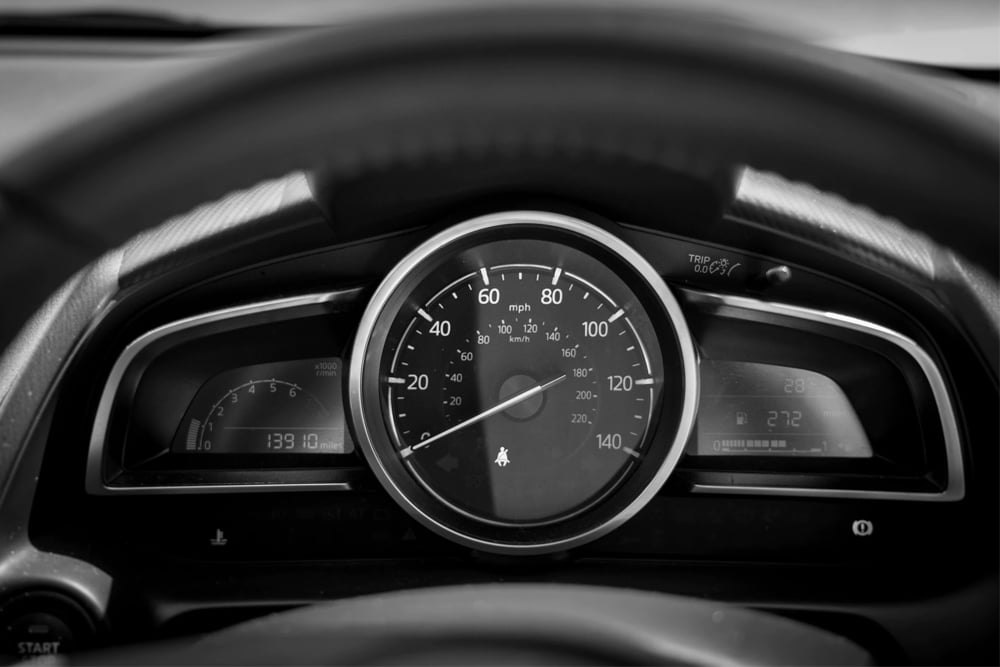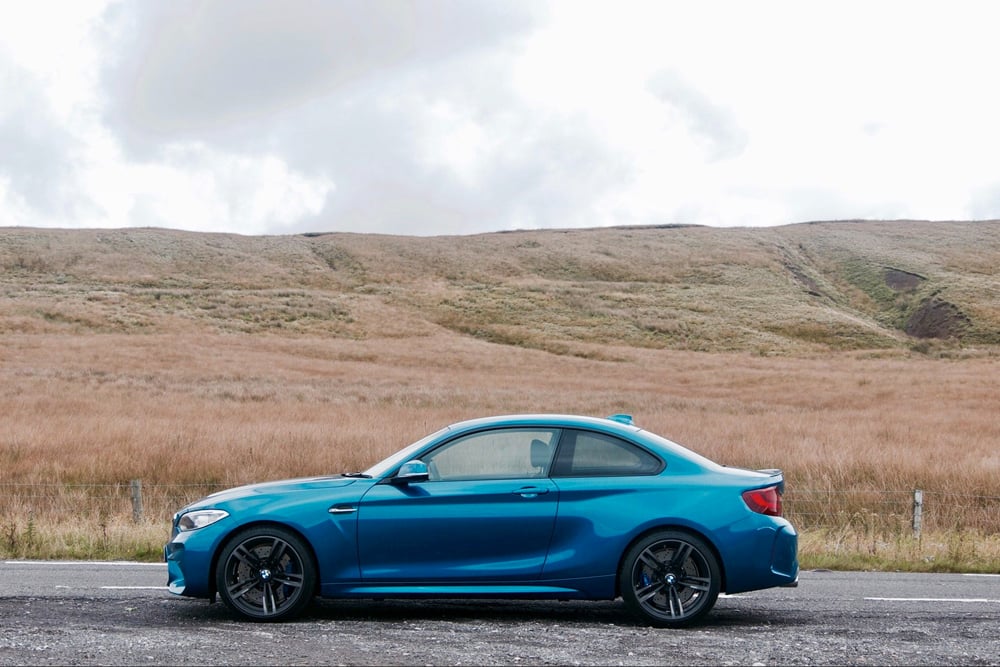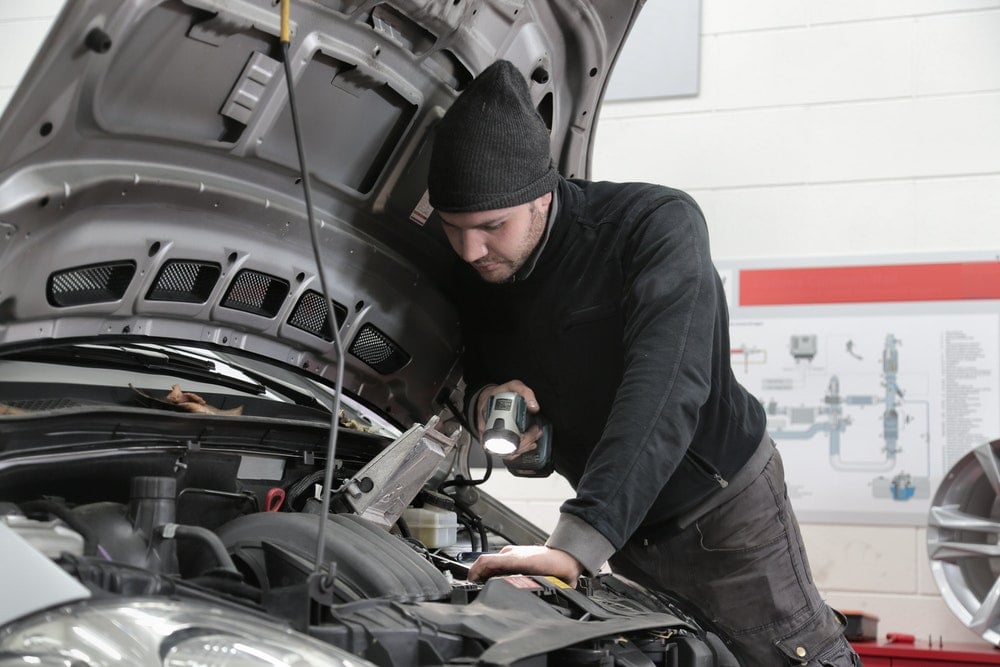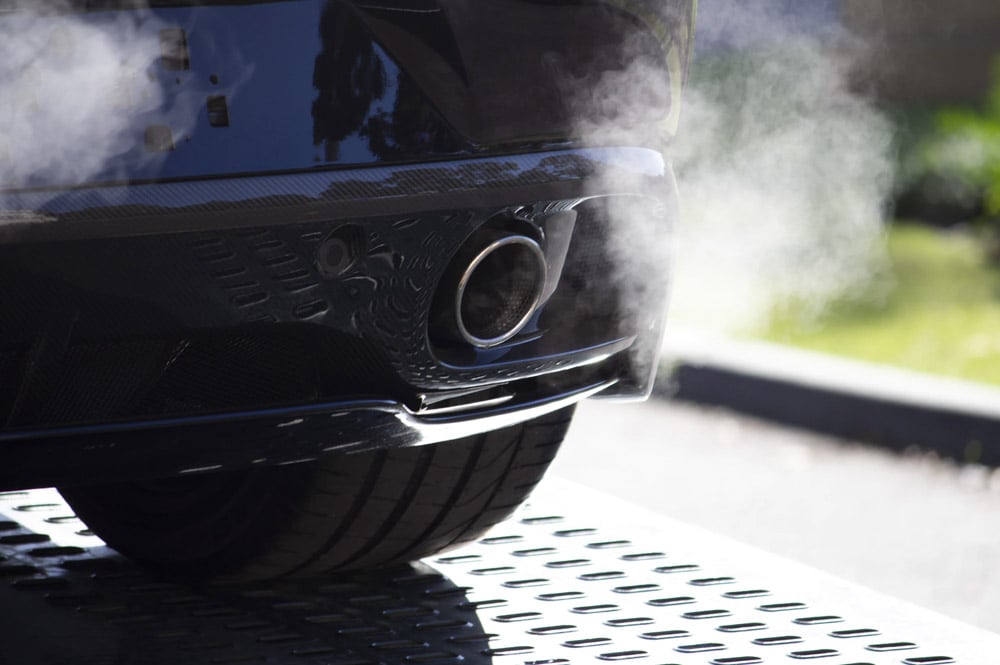What to look for when deciding on buying a used car?


Price is a starting point, but to help you narrow down your choices further, you need to focus on the following three factors:
Quality, Cost of Ownership, and Reliability. Let’s take a look at each one, explain why they’re important, and provide you with the best resources for further research
Buying a used car could save you a fortune over the equivalent brand new model, but there are risks involved too.
A great amount of care needs to be taken to ensure you make the right purchase and aren’t sold something that could come back to haunt you.
Our definitive guide offers all the help you need to help you buy with confidence and get the right deal too.
The following advice will cover every step of the car-buying journey from choosing where to buy from to what to check when you view the car to how to handle negotiations and your buyer’s rights.
If you’re nervous about buying a second-hand car, a dealer or trader is an easier place to start as buying privately often requires more care and knowledge.
Firstly, let’s understand what the concept of a trader means, as it can vary dramatically
A trader is defined as a person acting for purposes relating to that person’s trade, business, craft, or profession, meaning they can range from a single person buying and selling cars on their driveway to a franchised dealer selling new and nearly-new cars.
The difference between these traders is the level of preparation and after sales support you will get and also the cost you will have to pay for these premiums – the bigger the business, the more resources they have, but also the more overheads they have to pay too, which will bump up your costs.
Franchised dealers are at the largest end of the spectrum, with one-man-band driveway traders at the other and usually independent garages sitting somewhere in the middle.
A main dealer or garage is likely to have put a used car through a rigorous inspection and offer a good warranty (usually six or 12 months).
While this will come at a price – increasing the outright cost of buying the car – it can offer you priceless peace of mind in knowing the car has been thoroughly checked out and is covered by a warranty.
Buying from a driveway trader could save you these higher upfront costs, but may prove to be a false economy as the car could end up costing you more in repairs – this person has likely done little more than giving the car a quick wash after picking it up from auction, remember.
While all traders legally have to comply with the Consumer Rights Act – meaning you may be entitled to a repair, replacement, or refund if the vehicle is deemed not ‘fit for purpose’ or ‘of satisfactory quality’ – acting on this could prove to be a headache if the seller is unscrupulous.
You may have to act fast as your right to reject the vehicle and claim a full refund because of a fault is usually restricted to the first 30 days and what you’re entitled to vary following the expiration of this date.
It is also worth noting that under the provisions of the Road Traffic Act 1988, no person can sell a motor vehicle or trailer in an unroadworthy condition, you can read more about that in our buyer’s rights section.
Consider what you’re looking for and what you need the car for.
If the car is an investment – your family car, perhaps, for the next 10 years – it might make sense to pay for the security you get from a garage.
But if it is perhaps an in-between runabout for £500, and the upfront cost is your biggest factor, it might make sense to sacrifice the guarantees for the cheapest possible price.
Independent garages can vary in size (and quality) but usually cater for the middle ground of car sales – i.e. vehicles too old for main dealers, but not yet in the bargain bangers territory.
The advantage of independent garages is they often care about their reputation, and a search online can reveal how happy previous customers are.
Be cautious, though, some won’t necessarily have done a great deal of work to prepare cars for sale, and be sure to read the terms and conditions of any warranty they offer – they’re not always worth the paper they’re written on.
If you decide to buy from a dealer our approved dealer network can help you buy with confidence.
If you’re on a budget, buying a secondhand car privately can prove to be a much cheaper option than visiting a dealer, but is it the best thing to do?
Pros:
Second-hand cars are usually priced much more cheaply when sold privately than at a dealership and there’s often more room for negotiating as the seller isn’t attempting to make a profit
Buying privately offers a great opportunity to meet the previous owner of the car and get a feel for how well it’s been looked after. For instance, If it’s clean, with few minor bodywork faults, then it’s probably been cared for over its life. As most dealers have a professional valet clean all their cars, it’s harder to tell how well they’ve been maintained
Meeting the previous owner also allows you to find out their motives for selling it – do they have a genuine reason, or is it a problematic car they want rid of?
Cons:
Some sellers overvalue their cars, and it’s not unusual to find people asking for similar money for their pride and joy to what it might cost at a dealer, these sellers will usually bring their price down, but it could be a bit of a waiting game
Cars sold privately won’t have been through a rigorous vehicle health check, like the ones sold at a dealership will have been, meaning you will have to be a lot more switched on with the checks you carry out when you inspect and test drive the car – don’t worry though, we have everything you need to check covered in our viewing the car section, should you decide to buy privately.
You’ll need to bear in mind buying privately entitles you to fewer buyer’s rights than buying from a dealer too, meaning you could have no comeback if the car breaks down on the way home from buying it.
Buying a used car from the auction
Many buyers are (sometimes rightly) cautious about buying a car from the auction.
Vehicles passing under the hammer are usually being sold for a quick sale, and come with little in the way of protection such as a warranty.
Buy carefully, however, and you could grab a bargain.
Pros:
Finding the right car for you at an auction that isn’t overly competitive could result in a real bargain
You can snap up a car quickly and easily
It can offer a good environment to see what people are willing to pay for a particular vehicle
You usually have the chance to purchase before and after the auction, giving you more time to make your decision
Cons:
It’s getting more difficult to get a bargain at auction, as many dealers are now selling part-exchanges through eBay auctions and there’s an increasing number of wannabe traders surfacing
The time to make your decision is less and you might have to do so in a more pressured situation, which could lead to poor decision making
Private buyers are cottoning on, too. Look out for cars that might be unpopular with dealers – those in unusual colours, for example, or with thirsty engines. They’ll be hard to sell on so you might get one for a good price
You won’t be able to give the car a thorough health check or a really thorough inspection and test drive
The online shopping craze is showing no sign of fading – and that includes big objects such as cars.
Although car manufacturers are finally cottoning on to selling new cars online, people have been buying used motors on the internet for years.
Most of these online sales are through the online auctions site eBay.
You can buy a car over the internet by bidding on an auction or hitting ‘buy it now.
We’d express caution about doing this without seeing it – it’s a good idea to give it a good once over and meet the seller first, but being prepared to take a risk could bag a bargain.
If you do buy a car online, most buyers will expect a deposit paid via Paypal before collection.
Although sellers won’t take kindly to time wasters, if the car isn’t as described when you arrive to complete the sale, you’re free to walk away.
This takes away some of the risks – but you are contracted to buy it otherwise, even if you decide you don’t like the colour or realize the seats aren’t very comfortable.
If you buy a car online that’s a long distance away and you can’t collect it yourself, there are several transport companies which will deliver it to you for a reasonable cost.
For a start, taking along our car buyer’s checklist.
This provides a general overview of what to look out for, but a search online can give you a clearer idea of what to look for with specific make and models.
We’ve already mentioned kicking the tires, but it’s worth getting down on your knees and inspecting them properly.
How much tread have they got?
They need 1.6mm as a legal minimum, so if they’re below 3mm you’ll have to factor in the cost of changing them soon.
While budget brand tires might not be a major concern on a cheap car, if you’re spending more money (especially on a performance car) you’ll want four matching premium tires.
Click here to find out how to check the legal tire tread with a 20p.
How’s the bodywork?
Are there signs of curbing on the wheels?
It’s important to inspect a car in clear daylight… Rain or darkness can hide a lot.
Don’t be too put off by small dents or scratches, these can be fixed fairly cheaply, but do use them to negotiate.
While you’re looking over the bodywork, check the gaps between panels – large panel gaps could be a sign that a car has been badly repaired after a crash, and make sure there aren’t any colour differences between panels.
Open the bonnet and check all the levels – including oil, brake, and power steering fluid.
If they’re low, it could be a sign that the car hasn’t been well maintained.
While you’re there, look out for signs of oil leaks under the bonnet.
It’s worth looking underneath where the car is normally kept, too.
As well as checking the oil level, it’s worth looking under the oil cap for signs of a white mayonnaise-like substance.
This could be caused by condensation but is usually created by coolant mixing with oil – a sign that the head gasket could have failed.
Also, check the coolant expansion tank looks clean
Try everything. Wind the windows up and down, turn the radio off, test the air conditioning.
Faults could be a simple repair, but at the very least it’s a negotiating point if something doesn’t work as it should
Are there any chips in the windscreen?
They could turn into cracks meaning you’ll have to replace the windscreen.
If they’re in the driver’s eye line, they could be an MOT failure too.
Also, look at the front and rear lights, keeping an eye out for chips, cracks, and any fogging or internal moisture.
Don’t overlook the car’s interior.
Are there any stains or tears in the seats?
Does it smell OK?
Bad smells can be very off-putting and hard to get rid of, especially if a car has been smoked in.
Should the car come with a spare wheel?
If so, is it there, and in good condition?
Is there a jack for lifting the car if you get a puncture, and an adapter for any locking wheel nuts fitted to the vehicle?
All second hand cars will display a certain amount of wear and tear, but is it consistent with the age and mileage?
A car showing low miles on the clock but showing heavy wear on the driver’s seat, steering wheel, and pedals should raise alarm bells.



